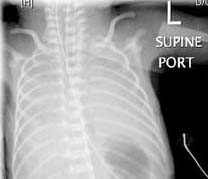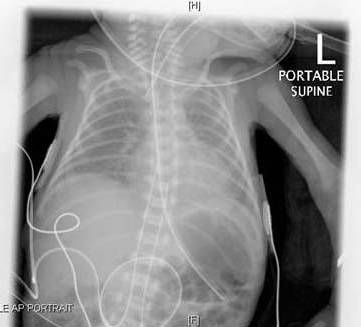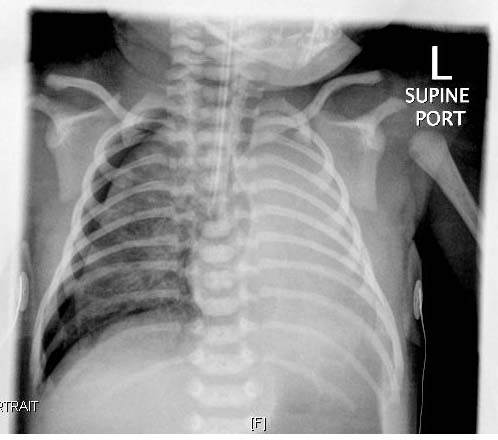
-
Patient Care
Our InstitutionsPatients' and Visitors' Information
-
Research
- Education
- Care in the Community
- Giving
- Careers
- About NUHS
- I Want To

















